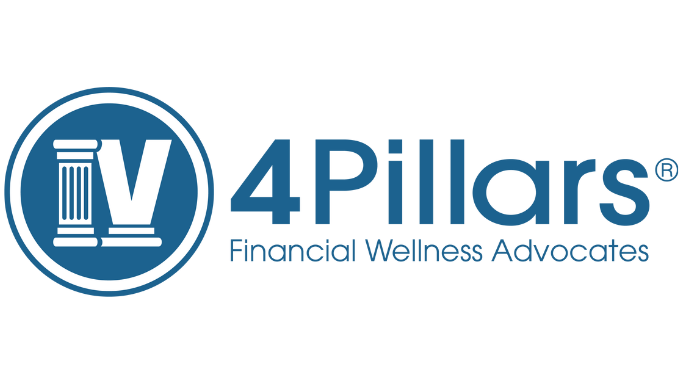The BEACON score is calculated based on the information contained in your Equifax credit history.
While knowing your actual score is a good start, understanding the key factors affecting your BEACON score is much more important. These factors will provide you direction on how you can increase or maintain your BEACON score over time.
The negative factors listed are reasons why your BEACON score might not be very high. Your focus on these factors will help you to raise your BEACON score over time. These negative factors are provided in order of impact to your score, the first factor listed indicates where you stand to gain the most points over time and so on.
(1) You have recently been seeking credit as reflected by the number of inquiries posted on your credit file in the last 12 months
Research shows that consumers who are seeking new credit accounts are riskier than consumers who are not seeking credit. Inquiries are the only information lenders have that indicates a consumer is actively seeking credit.
There are different types of inquiries that reside on your credit bureau report. The score only considers those inquiries that were posted as a result of you applying for credit. Other types of inquiries, such as account review inquiries (where a lender with whom you have an account has received your credit report) or consumer disclosure inquiries (where you have requested a copy of your own report) are not considered by the score.
The scores can identify “rate shopping” so that one credit search leading to multiple inquiries being
reported is usually only counted as a single inquiry. For most consumers, the presence of a few inquiries on your credit file has a limited impact on BEACON scores.
4 Pillars Consulting Group — Credit Rebuilding Workbook 11
A common misperception is that every single inquiry will drop your score a certain number of points. This is not true. The impact of inquiries on your score will vary – depending on your overall credit profile. Inquiries will usually have a larger impact on the score for consumers with limited credit history and on consumers with previous late payments. The most prudent action to raise your score over time is to apply for credit only when you need it.
As time passes, the age of your most recent inquiry will increase and your score will rise as a result, provided you do not apply for additional credit in the meantime. Our best recommendation – apply for credit when you only need it.
(2) The length of time your revolving or non-revolving accounts have been established is too short
This reason is based on the age of the revolving or non-revolving charge accounts on your credit bureau report. A revolving account such as Visa, MasterCard, or retail store card allows consumers to make a minimum monthly payment and roll or “revolve” the remainder of their balance to the next month. Non-revolving accounts such as American Express and Diners Club must be paid off in full each month.
Research shows that consumers with longer credit histories have better repayment risk than those with shorter credit histories. Also, consumers who frequently open new accounts have greater repayment risk than those who do not.
It is a good idea to only apply for credit when you really need it. Meanwhile, maintain low-to-moderate balances and be sure to make your payments on time. Your score should improve as your revolving credit history ages.
(3) The amount owed on your accounts is too high
The score measures how much you owe on the accounts (revolving, non-revolving, and installment) that are listed on your credit bureau report. Research reveals that consumers owing larger amounts on their credit accounts have greater future repayment risk than those who owe less.
For credit cards, the total outstanding balance on your last statement is generally the amount that will show in your credit bureau report. Note that even if you pay off your credit cards in full each and every month, your credit bureau report may show the last billing statement balance on those accounts. Paying off your debts and maintaining low balances will help to improve your credit score.
Consolidating or moving your debt around from one account to another will usually not, however, raise your score, since the same amount is still owed.
(4) Proportion of loan balances to original loan amounts is too high
Simply having installment loans and owing money on them does not mean you are a high-risk borrower. To the contrary, paying down installment loans is a good sign that you are able and willing to manage and repay debt, and evidence of successful repayment weighs favorably on your credit rating. The BEACON score examines many aspects of your current installment loan and revolving balances. One measurement is to compare outstanding installment balances against the original loan amounts.
Generally, the closer the loans are to being fully paid off, the better the score. Compared to other measurements of indebtedness, however, this has limited influence on the BEACON score.
Paying down installment loans on a timely basis generally reflects well on your credit score. But if you want to improve your score, one way to do it is to try to pay the loans down as quickly as you can.


